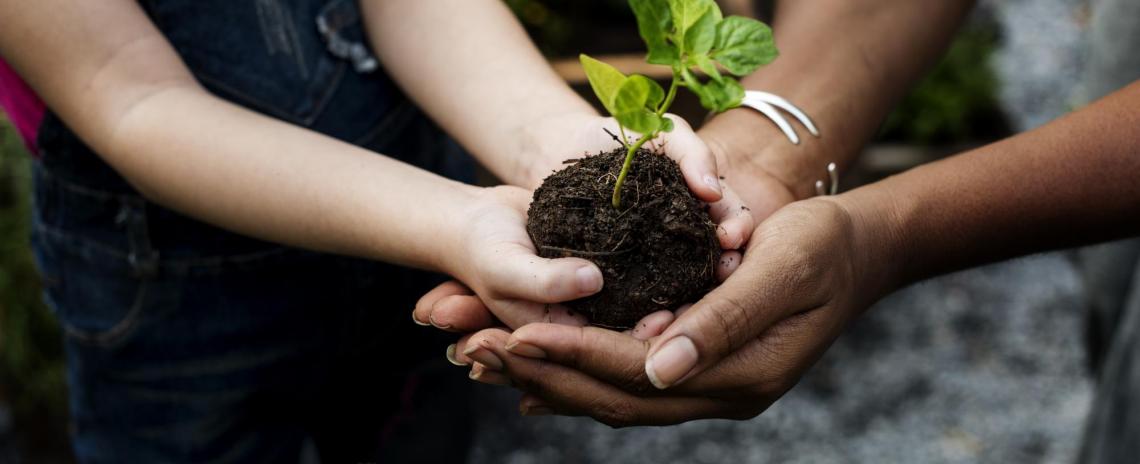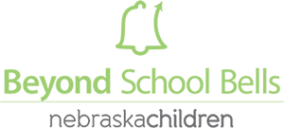After Class and into the Future: The world of opportunities 'Beyond School Bells'
After Class and into the Future: The world of opportunities 'Beyond School Bells'
By Tyler Dahlgren
Jeff Cole was teaching in New York City when he was tasked with developing an internship program in the high school he served. A young and hungry educator, Cole accepted the challenge and dove in.
The implementation process left him with two fundamental beliefs.
First off, when building that type of program from the ground up, The Big Apple is a good place to be. Possibilities in NYC are endless, and it didn’t take long before Cole was sending sophomores into businesses all across the sprawling concrete jungle.
Secondly, Cole learned that the education of a student neither stops, pauses nor ends with the ringing of a bell, an idea that has served as the foundation for his entire career.
Summers, weekends, before and after school, you name it and Cole has utilized it. The internship program quickly evolved into a nonprofit organization called Friends of the High School for Environmental Studies.
“That was really where my passion for after-school and summer learning began,” said Cole.
That passion would lead him to Nebraska, where he would aim to do something similar in the state capital for the Lincoln Public Schools Foundation before joining the Nebraska Children and Families Foundation in 2006.
“It’s been a natural evolution,” he added.
Cole would serve as the Network Lead for Beyond School Bells, a “statewide public-private partnership geared to support sustainable, high-quality, school-community collaborations and provide youth with what they need to be successful in school and in life.”
Nebraska understands the importance of school-community collaboration like few other places. Towns across the state fiercely value relationships with local schools and the students cycling through.
Once again, Cole had struck gold. He was in the ideal place to carry out the task at hand.
“In Nebraska, we are fortunate to have high-quality public schools, because there are a lot of public school systems across the country really struggling right now,” said Cole, who is part of a 50-state network working on after-school programs. “In our state, we believe that after-school programs can support, but don’t need to duplicate or remediate for a poor quality school day program. It creates this unique opportunity to be a bridge for community partnerships that enhance school day learning, but do it in a creative way that allows you to take advantage of community resources.”
Nebraska’s excellent K-12 education system has been a solid base for the growth of Beyond School Bells. If something benefits a student, if it opens a door to opportunity for a young person, then Nebraskans are willing to jump on board.
“We’re lucky in that we have communities that really support kids and after-school has evolved to be an important part of that education continuum in communities across the state,” he added. “People have understood that after-school is different, that it does need broad-based community support to be successful. It can’t just be the responsibility of districts. They quickly see the value of after-school once they start down this path.”
So what type of students stand to gain the most from after-school innovation? Well, any and all, really. Well-to-do families with the means to put their children in line with these types of programs figured it out a long time ago, Cole explained. Beyond School Bells eliminates barriers for less fortunate students.
“We think the benefits are universal, but the opportunities are sometimes limited,” Cole said. “What we really want to do is build on the base of high quality public schools by providing these ELO experiences available to kids regardless of their economic ability to pay for it.”
To do so, the organization itself relies heavily on an extensive list of partnerships created, cultivated and fostered across the state. By nature, Beyond School Bells is collaborative, Cole said, and those partnerships are built around a common denominator.
“What is every community’s most important resource? It’s our youth.” Cole said.
Investing in youth through ELO programs can provide communities with long-term health, he continued. With the cost of childcare on the rise, many folks are stepping out of the workforce and staying home.
“The last thing we need is Nebraskans leaving the workforce because they’re worried about their children and what they’re doing when they’re not in school,” he said. “By communities building these support structures for parents, you create a place that’s inviting for young families looking for a place to build their lives, which supports the local economy.”
The situation is a true win-win-win for the students, the schools and the community, and the biggest triumph is that first spark. Young people are wired to learn, Cole said, and in many different ways.
“Once you excite and inspire a young person, it’s endless where they can take it,” Cole said. “That’s what we want after-school to be. That creative space that lights sparks and launches dreams."
For anecdotal proof that the initiative has succeeded, Cole doesn’t have to look very far. His daughters, now 25 and 22, both attended a summer camp at the Asian Community Center in Lincoln at a young age. The experience sparked an interest in Asian culture and both speak Mandarin fluently. Just before Cole spoke to NCSA, he was on the phone with his eldest, who is in Taipei finishing an advanced Mandarin program. Talk about a launching point.
“Her experience reiterated to me how important after-school activities that complement but don’t duplicate school-day learning are,” Cole said. “Experiences that allow kids to do the things that they’re passionate about and the impact that has on a young person’s life when done in partnership with the schools where they’re getting a quality education, it’s incredible.”
Cole said they’re starting to see a pipeline of young people who have benefitted from after-school programs now working for, running, and advocating for the very same programs they came up through.
“We’re lucky to be in the work that we’re in,” Cole said. “We really feel like it’s a calling that has immediate benefits. You feel good about the work you’re doing every day, and you also feel like you’re working to develop a foundation for a stronger Nebraska in the future.”
Students are like sponges, Cole said, and bringing learning to life in so many ways for so many years has been rewarding beyond belief.
And when the bell rings, well that’s just the start.



